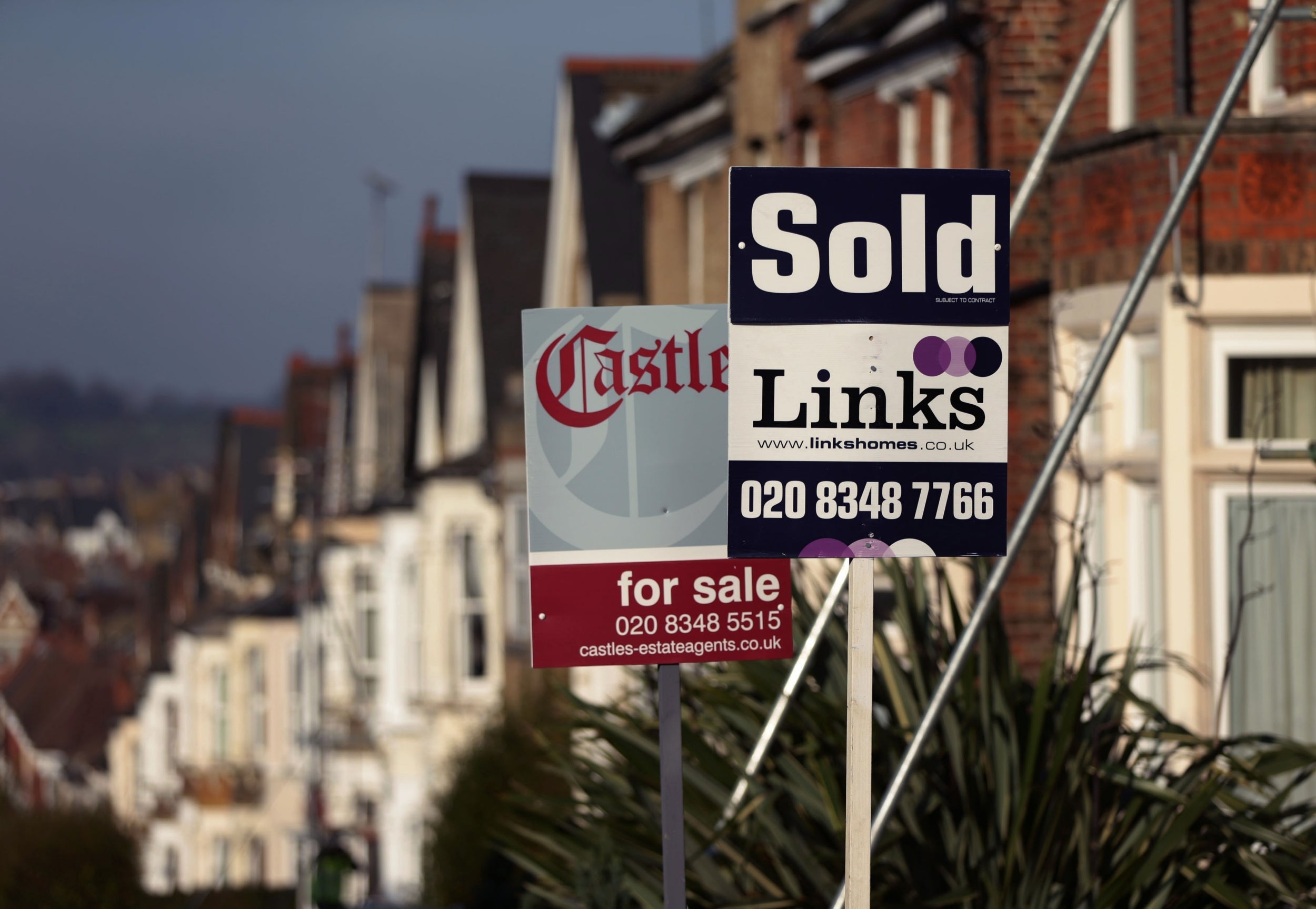UK mortgage approvals highest since February 2017 in pre-Brexit rush
Efforts to complete house purchases before Brexit are giving the market a temporary boost, a top economist suggests

Your support helps us to tell the story
From reproductive rights to climate change to Big Tech, The Independent is on the ground when the story is developing. Whether it's investigating the financials of Elon Musk's pro-Trump PAC or producing our latest documentary, 'The A Word', which shines a light on the American women fighting for reproductive rights, we know how important it is to parse out the facts from the messaging.
At such a critical moment in US history, we need reporters on the ground. Your donation allows us to keep sending journalists to speak to both sides of the story.
The Independent is trusted by Americans across the entire political spectrum. And unlike many other quality news outlets, we choose not to lock Americans out of our reporting and analysis with paywalls. We believe quality journalism should be available to everyone, paid for by those who can afford it.
Your support makes all the difference.UK mortgage approvals for house purchase rose to the highest level in two and a half years in July, according to UK Finance, which represents banks and finance firms.
The number of mortgages approved for this purpose stood at 43,342 in July when adjusted for seasonal variations – up 1.3 per cent on June. That is the highest number since February 2017.
“It is possible that mortgage activity is being lifted by some people looking to complete their house purchases before Brexit occurs on 31 October, given the major uncertainties surrounding the UK successfully leaving the EU with a deal,” commented Howard Archer, chief economic adviser to the EY ITEM Club.
Data from Rightmove released last week supports this interpretation. House sales jumped 6.1 per cent over the month to 10 August compared with a year ago. Rightmove attributed the unexpected increase to the looming Brexit deadline and lower house prices.
“There’s only so long that buyers and sellers can delay the familial, financial and emotional forces driving the need to move,” said Miles Shipside, housing market analyst at the company.
Other data continues to paint a picture of a sluggish housing market.
Earlier this month, figures from Halifax showed that UK house prices dropped in July – the second consecutive month-on-month fall – and a survey by the Royal Institution of Chartered Surveyors also revealed a fall in prices over the previous three months.
The outlook for the market depends on the outcome of Brexit, said Mr Archer.
“Should the UK leave the EU with a deal on 31 October, we believe reduced uncertainty and modestly improved economic growth will provide some help to the housing market and see prices rise around 2 per cent in 2020,” he wrote in a note.
“If the UK leaves the EU without a deal on 31 October, we suspect house prices could quickly fall by around 5 per cent.”
Separate data from UK Finance showed that consumers are becoming increasingly cautious about spending on credit cards. Growth in net credit card spending slowed for the third consecutive month. The net amount – which is the difference between spending and repayments, adjusted for factors such as population changes and write-offs – rose by £49m, the weakest increase this year.
Join our commenting forum
Join thought-provoking conversations, follow other Independent readers and see their replies
Comments